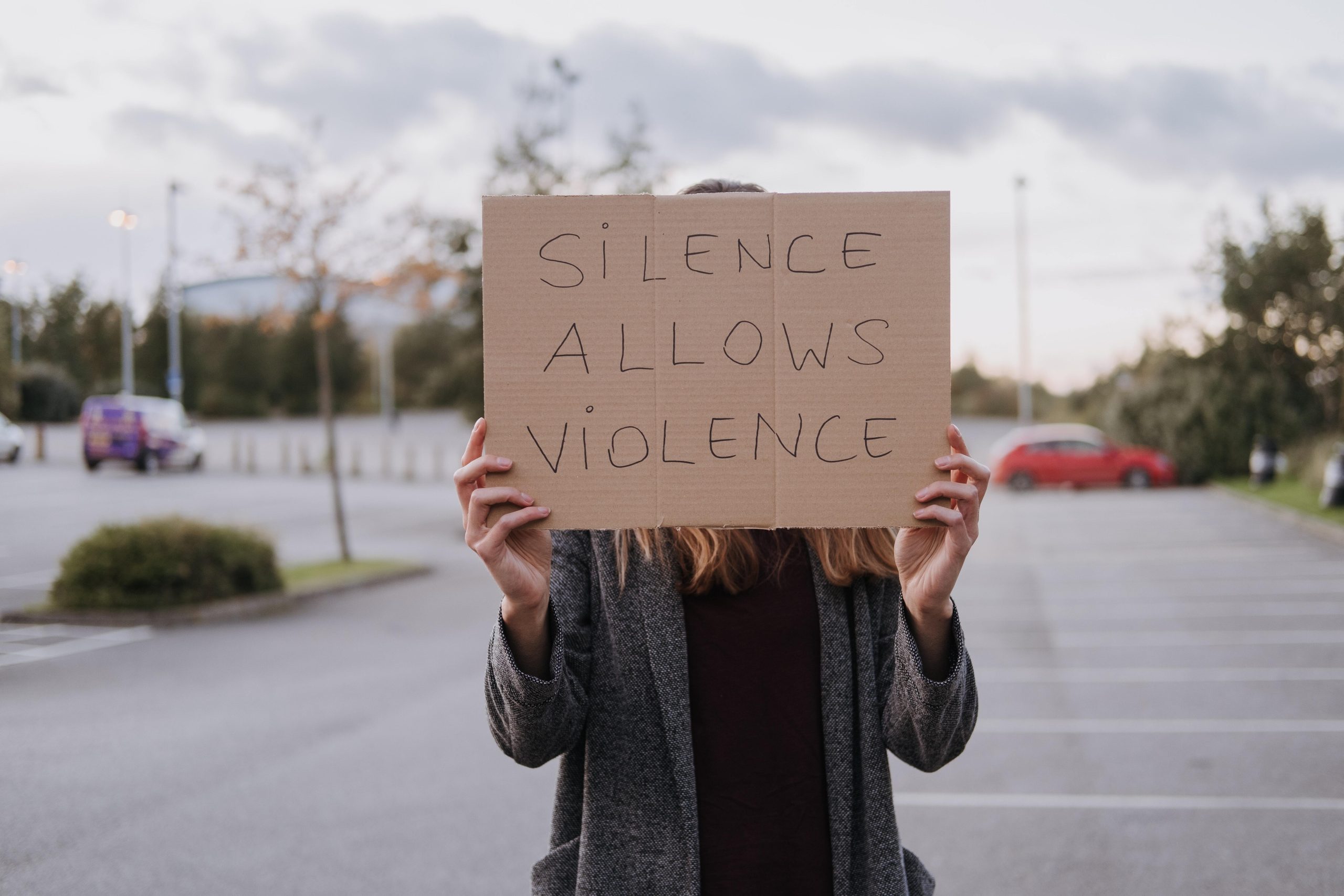This International Day for Elimation of Violence Against Women has been a recurring event on the 25th of November since 1961, as a day to promote awareness of gender-based violence worldwide. Historically, this day began as a way to honor the Mirabal sisters who were murdered in 1960 for the very reason that they were fighting for their rights. Since then, this event acts as a universal call towards continuously improving the services and resources towards victims of gender-based violence.
“Cases of domestic violence continue to rise. Under the shadow of the pandemic, reproductive health services have been hampered, and lockdowns have trapped survivors at home with their abusers, with little in terms of a lifeline to the outside world.” - Vice President Leni Roberdo in a broadcasted message in March for International Women’s Day
In every country, being a woman has different experiences that come along with it. In the Philippines, the traditional outlook of what a woman is defined as continues to be outdated and has come to affect Filipinas at a greater scale. Moreover, violence against women has now been dubbed as the ‘shadow pandemic’, growing alongside the Covid-19 pandemic. Its widespread effect has left women and girls suffering due to the lack of prioritization for their wellbeing. For instance, the shortage of domestic violence shelters and helplines has pushed their needs further away amidst quarantines and lockdowns. This has prompted government leaders such as Joy Belmonte to open their gender-based violence protection center called Bahay Kanlungan in Quezon City to those fleeing oppressive households during this time.
To put things into perspective, the USAID reports that 2.5 million women in the Philippines are affected by gender-based violence, with the numbers possibly correlated to the lockdowns brought on by the pandemic. In addition, President Rodrigo Duterte has stated that there were 2,183 cases of violence against women that have been reported. However, these numbers don’t account for unreported cases.
Furthermore, a Social Weather Survey (SWS) released in February 2021 shows that 25% of Filipinos nationwide shared how violent actions towards women is one of the most prevalent problems experienced during the pandemic. The survey stated that 11% of women experience physical violence, while 7% go through emotional violence and sexual violence. In Manila, the numbers show a higher percentage, with a total of about 29% experiencing domestic abuse.
These statistics show that this rampant issue clearly needs more attention than it is currently being given.
Today let us take this time to recognize who we are past the traumas we experienced in life. For the victims of violence, know that you do not have to go through your hardships alone, talk to someone you feel you can trust and speak to them openly, whether that be a loved one or a mental health professional. It may be hard to open up at first, but do remember that when you are able to talk to your trusted circle or go through psychotherapy, a huge weight can be lifted off of your shoulders. If talking to someone is hard to do at the start, you can begin by writing down all the emotions you have been bottling up inside. At times, it may be difficult to voice out those emotions, so having an alternative outlet could help you release your negative emotions, traumas and thoughts.
If you know someone who is experiencing abuse or violence at home, offer your support by listening without judgment. You may also lead them to helpful resources or connect them to communities they can treat as their safe space. In times that they are not ready to talk to anyone, you could provide them with educational resources about gender-based violence so they learn more about how their current situation relates to different people worldwide, and how they can work towards healing themselves holistically.
You can also ask them to consider creating a safety plan, one which could help the victim be prepared in any case she may need to call for help. This can include information such as places to go and numbers to call if they are feeling unsafe. Remember that abuse can take place in different settings, so it is important to prepare for different scenarios.
This is a grave call for all of us that though we have accomplished notable gains for women in our country, there is still so much left to be done to truly create a progressive change in upholding the rights of women and letting go of harmful gender-based norms. Mind You is firmly committed to the empowerment of women and stands in solidarity against violence and abuse.
To report cases of domestic violence:
Philippine Commission on Women (PCW)
- (02) 8733-6611
- 09178671907
For police and investigation assistance:
Philippine National Police
- PNP Hotline: (02) 8723-0401
- Aleng Pulis Hotline: 09197777377
For legal assistance:
Public Attorney’s office
- Hotline: (02) 8929-9436 local 106, 107, or 159 (local “0” for operator)
- (+62) 9393233665
- Email address: pao_executive@yahoo.com
A directory of women & child protection services per region
Mind You aims to transform our culture and empower people to take control of their mental health and live more fulfilled lives. We take pride in lifting away the stigma, lowering counseling costs and providing increased access to mental health care for all Filipinos.
For bite-sized content of our blog posts, follow us on our social media pages, on Facebook, Instagram, Twitter & LinkedIn @mindyoumhs.







